
Written by Tom
Even though the DCEU mainline films were becoming more optimistic and joyous, they had still made DC and Warner Bros. hesitant about keeping their eggs in one basket. As such, they started to diversify, greenlighting a range of movies which would foreground idiosyncratic takes on the superhero genre while limiting those takes to one film each. The first film of this type (beyond TV spin-offs like Teen Titans GO! to the Movies) was Todd Philips’ Joker – a more grounded take on the genre providing a downbeat origin story for its eponymous character.
Ironically, the concept of Joker fits in well with the Snyder era of the DCEU. The early DCEU was very interested in blurring the lines between heroes and villains as a (perhaps overly literal) way of defining itself as the anti-Marvel cinematic universe. This was the era which treated Superman and Batman as deranged anti-heroes and had previously used the “villains as main characters” set-up in the first Suicide Squad movie. Given this, the obvious thing to do with “A DCEU Joker movie” would’ve been to make a film which had him be villainous while unambiguously siding with him. Of course, you’d then have the issue that the Joker is canonically one of the worst people in the entire DC canon – making a movie that sided with him would be making a movie justifying a complete monster. As such, Joker went with the least morally repugnant spin open for it: it presented itself as a social satire, telling a story about how the stresses of modern capitalism slowly push a basically sympathetic man into becoming an utter psychopath.
This aspect immediately made Joker one of the more controversial films of the DCEU, an impressive feat given that this is a series containing Batman vs. Superman. It’s a story about a white man who goes on a killing spree because he feels that modern society has failed him. It was released at the same time that white men who disliked modern society were shooting up schools, driving cars into protestors, sending death threats to women on the internet, invading the capitol, and all sorts of stupid shit. The critical line against the film formed almost immediately: this was a film about and for the alt-right. Then Todd Philips started spending his promotional interviews complaining about cancel culture and how political correctness has ruined comedy, worsening the film’s reputation. You can see how the “it’s slightly fascist” readings took root: if it looks like a duck and quacks like a duck, it might be a duck. I know several people who straight up refuse to watch this movie, having completely rejected the idea that it could possibly have social worth. This is a film that people won’t watch on principal.
(more…)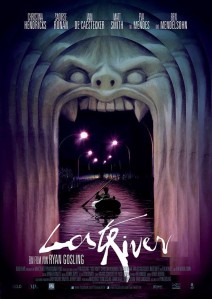 Written by Tom
Written by Tom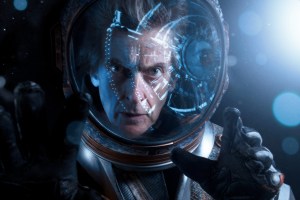 Written by Tom
Written by Tom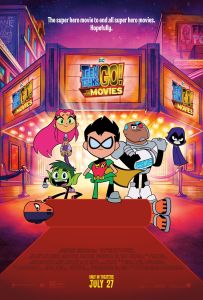 Written by Tom
Written by Tom
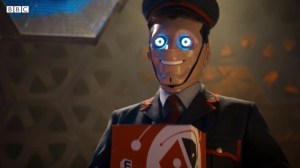 Written by Tom
Written by Tom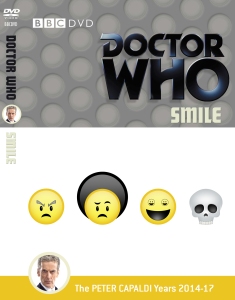 Written by Tom
Written by Tom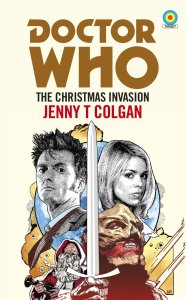 Written by Tom
Written by Tom Written by Tom
Written by Tom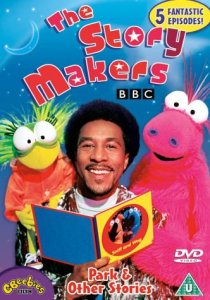 Written by Tom
Written by Tom